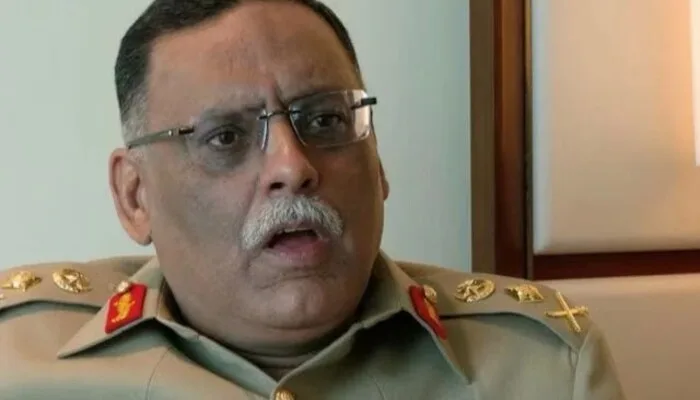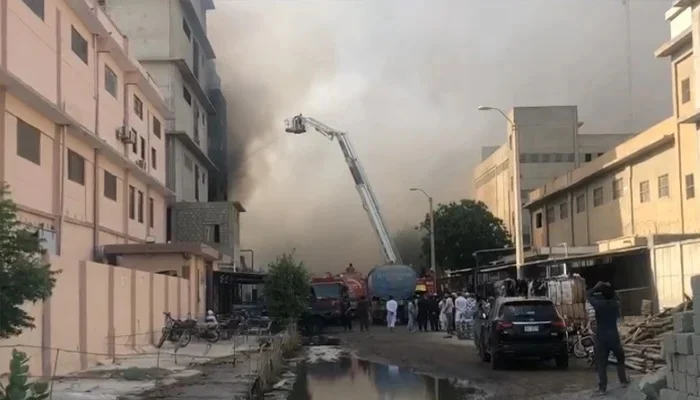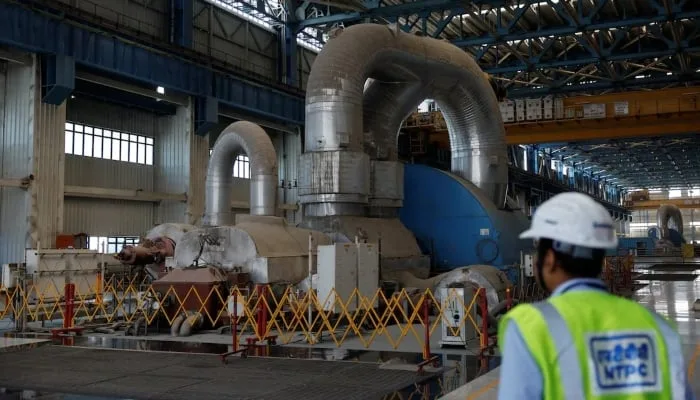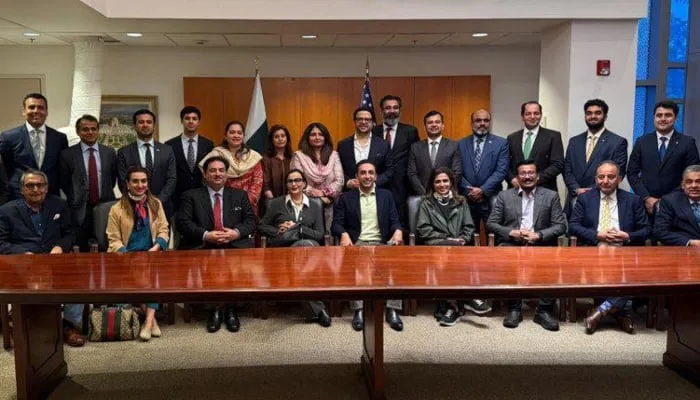
General Sahir Shamshad Mirza, Chairman of Pakistan’s Joint Chiefs of Staff Committee, clarified that Pakistan used only its own military resources during the recent 96-hour Pakistan-India conflict. His statement directly rejected Indian media claims alleging Chinese assistance.
No Foreign Help, Equal Equipment
In an interview with the BBC, Gen Mirza explained that Pakistan’s military operated independently, relying on equipment comparable to India’s and on hardware sourced from friendly nations. He emphasized the self-reliant nature of the country’s defense.
Shift in Battle Zones: Cities at Risk
Unlike earlier skirmishes confined to disputed borders, the recent confrontation saw direct targeting of cities. “This time the borders were calm, but the cities were under fire,” he said. Gen Mirza warned that lowering the threshold to urban warfare poses grave risks to both countries.
Read: ADB Approves $800 Million to Support Pakistan’s Fiscal Reforms
Clash Sparked by IIOJK Attack
Tensions soared after the April 22 attack in Indian Illegally Occupied Jammu and Kashmir (IIOJK), which left 26 dead. India blamed Pakistan-based actors without offering evidence. In response, India suspended diplomatic ties, revoked visas, and halted the Indus Waters Treaty. Pakistan called these actions a provocation.
Operation Bunyan-un-Marsoos and Ceasefire
India launched airstrikes on Pakistani cities on May 6 and 7. Pakistan responded with Operation Bunyan-un-Marsoos, targeting Indian military assets. The conflict ended after a U.S.-brokered ceasefire.
Lack of Conflict Management System
Gen Mirza voiced concerns over the lack of structured conflict-resolution tools. He highlighted that only one emergency line—the Director-General Military Operations (DGMO) hotline—is in use. This limitation becomes critical when dealing with a “reckless and extremist mindset,” he warned.
Risks of Future Escalation
Without a proper conflict management system, any future clash could spiral quickly. Gen Mirza cautioned that the current setup leaves global powers little time to mediate, raising the stakes in any future encounter between the nuclear-armed rivals.
Rising Diplomatic Tensions
Separately, Pakistan condemned recent statements by Indian officials demanding the surrender of Azad Jammu and Kashmir. The Foreign Office dismissed these as hostile and disconnected from reality, stressing India’s record of regional destabilization.
Follow us on Google News, Instagram, YouTube, Facebook,Whats App, and TikTok for latest updates












